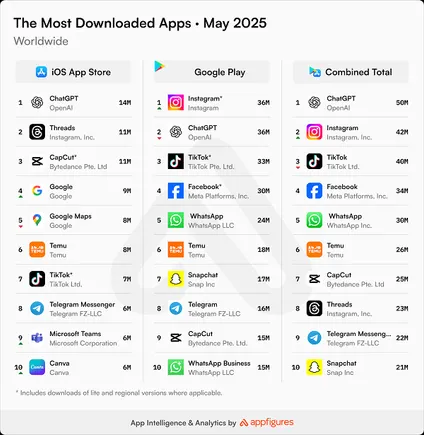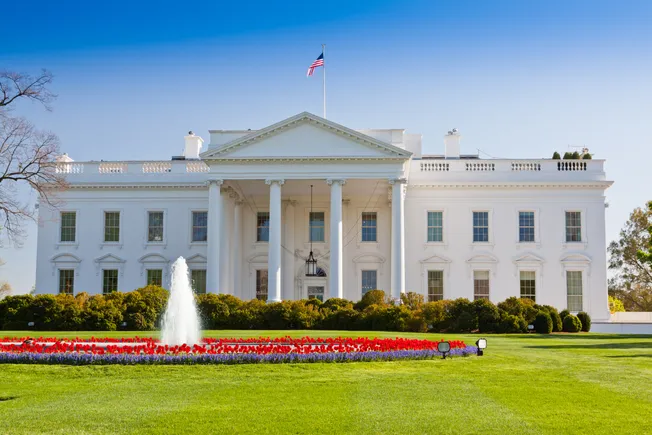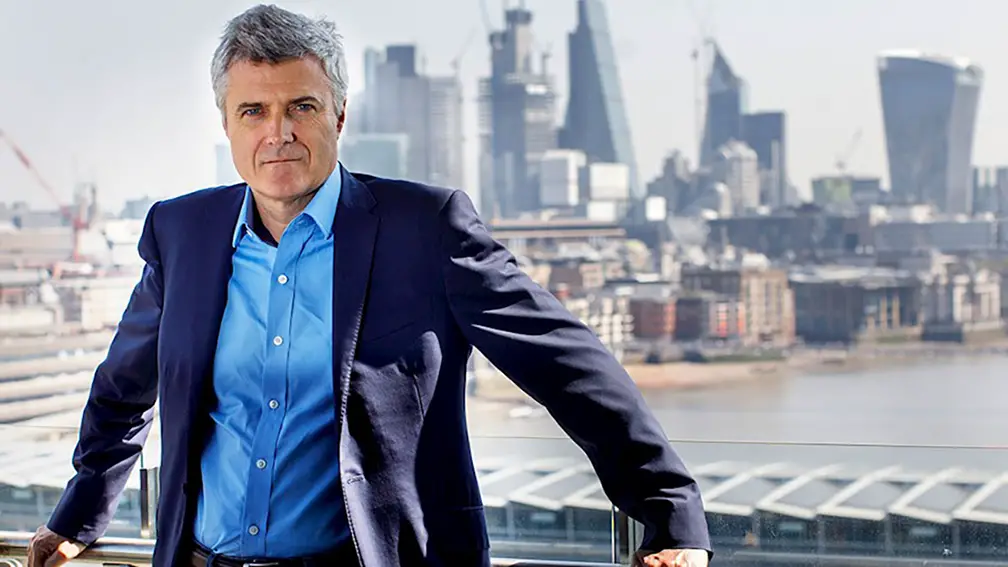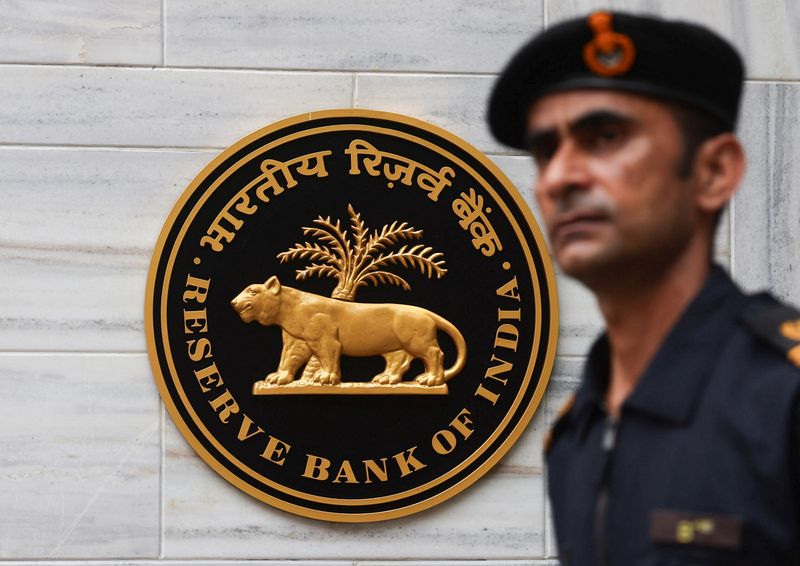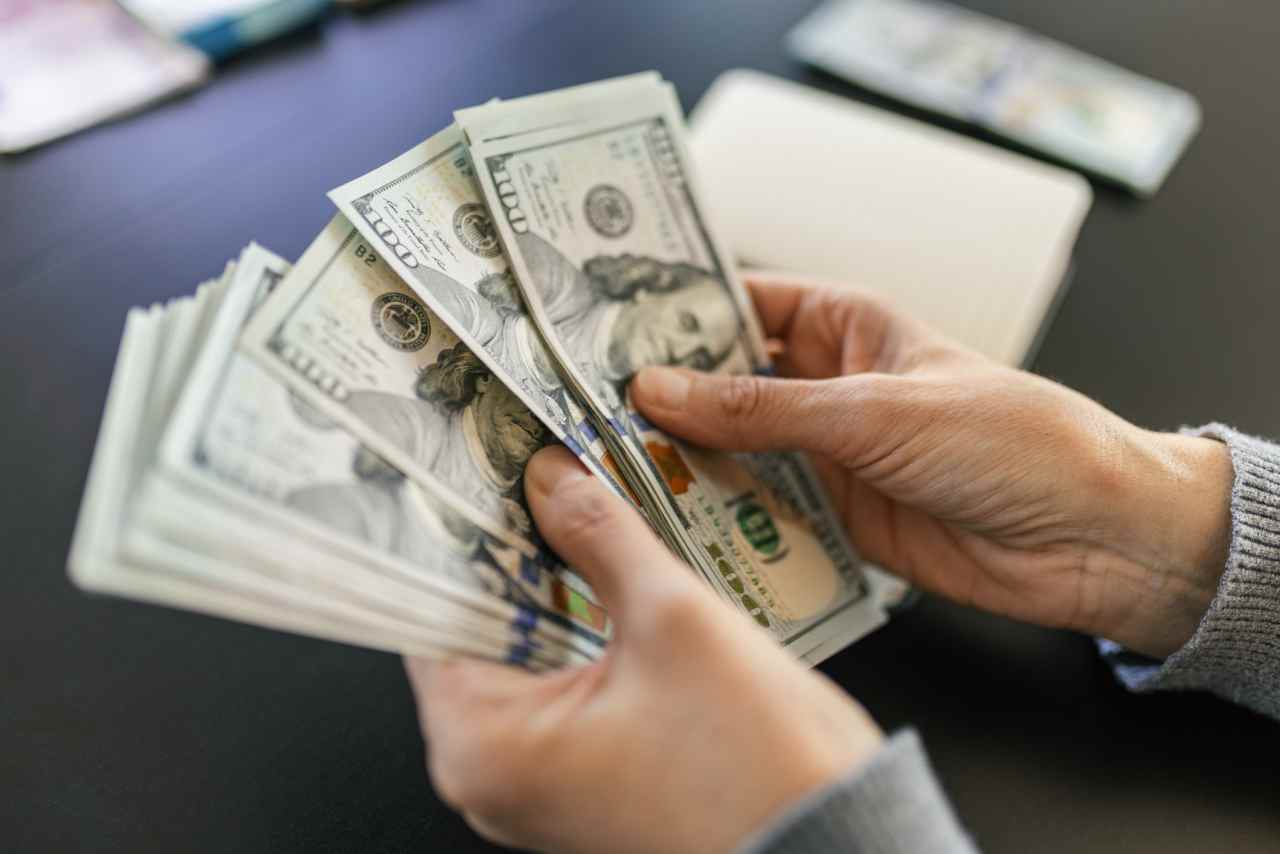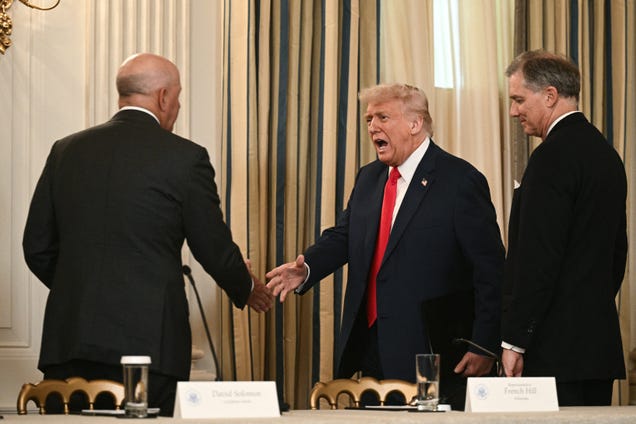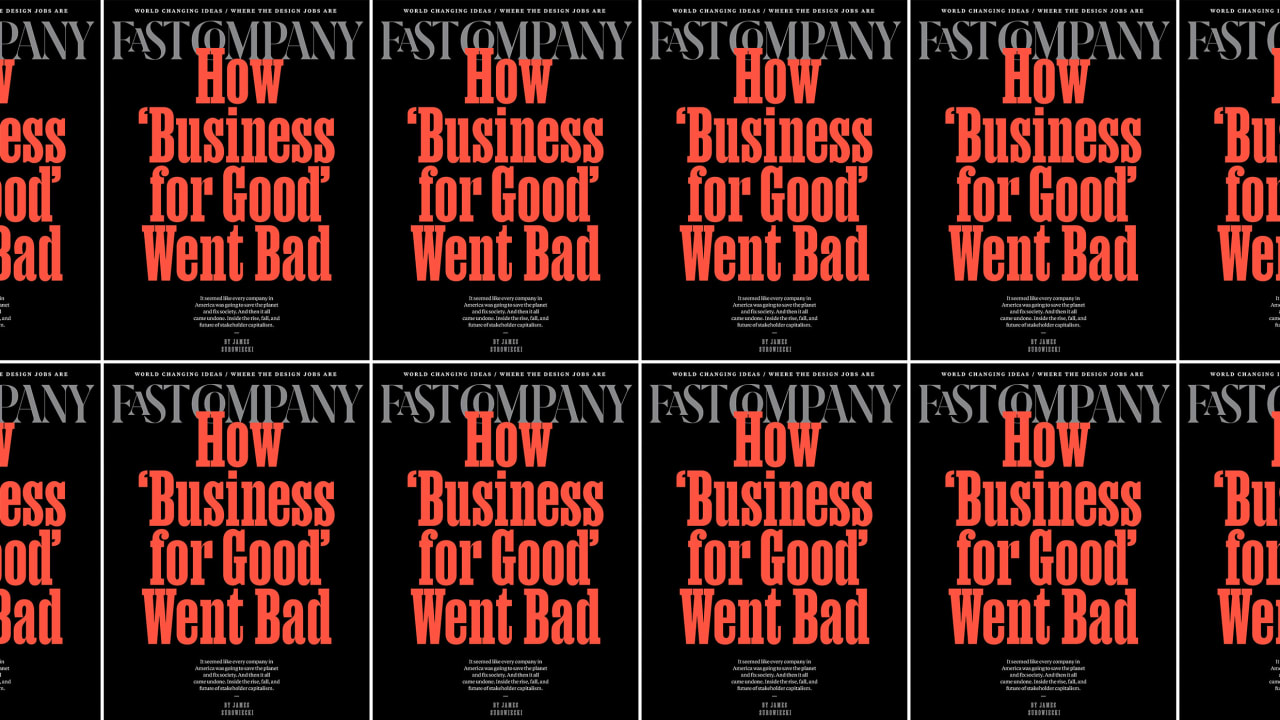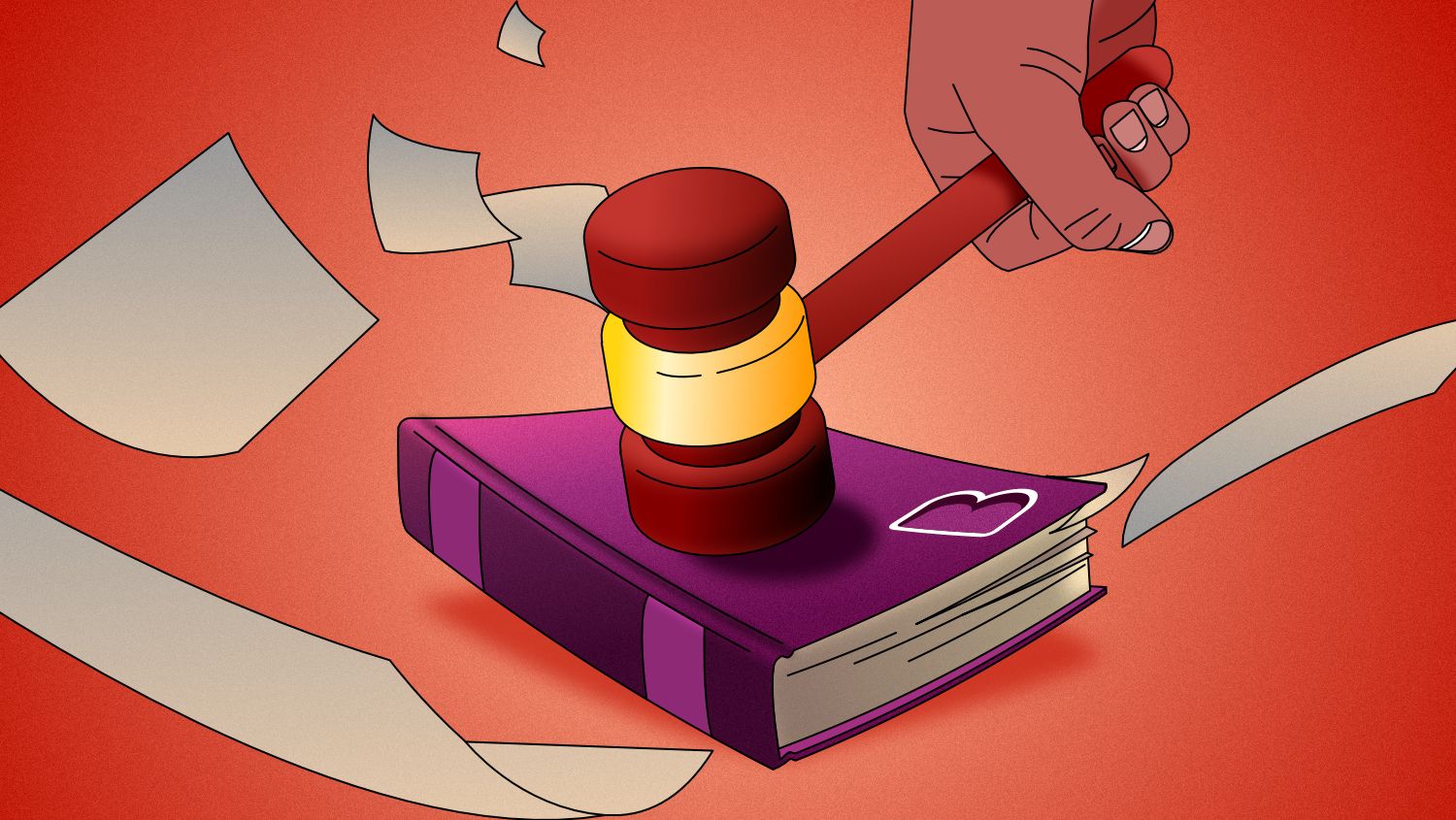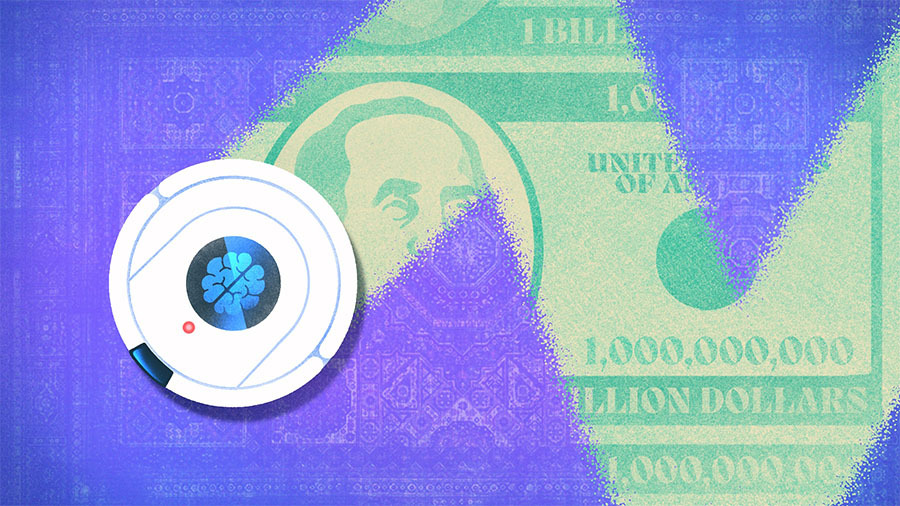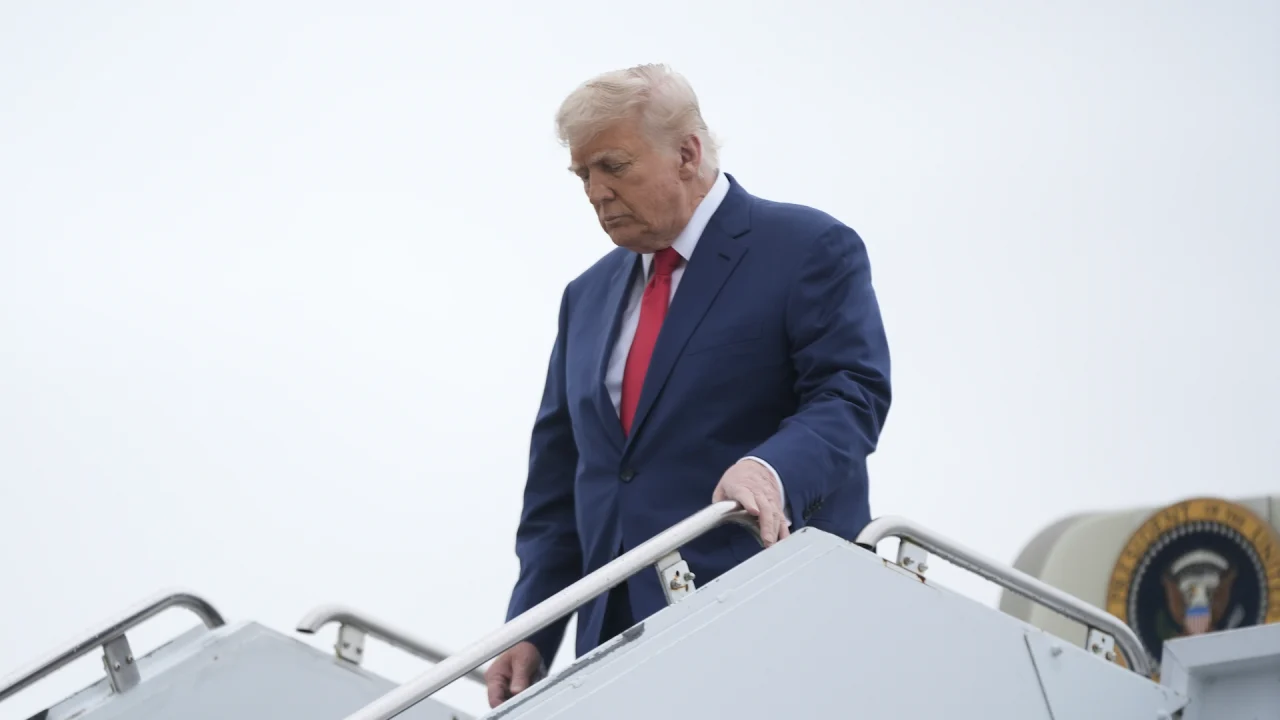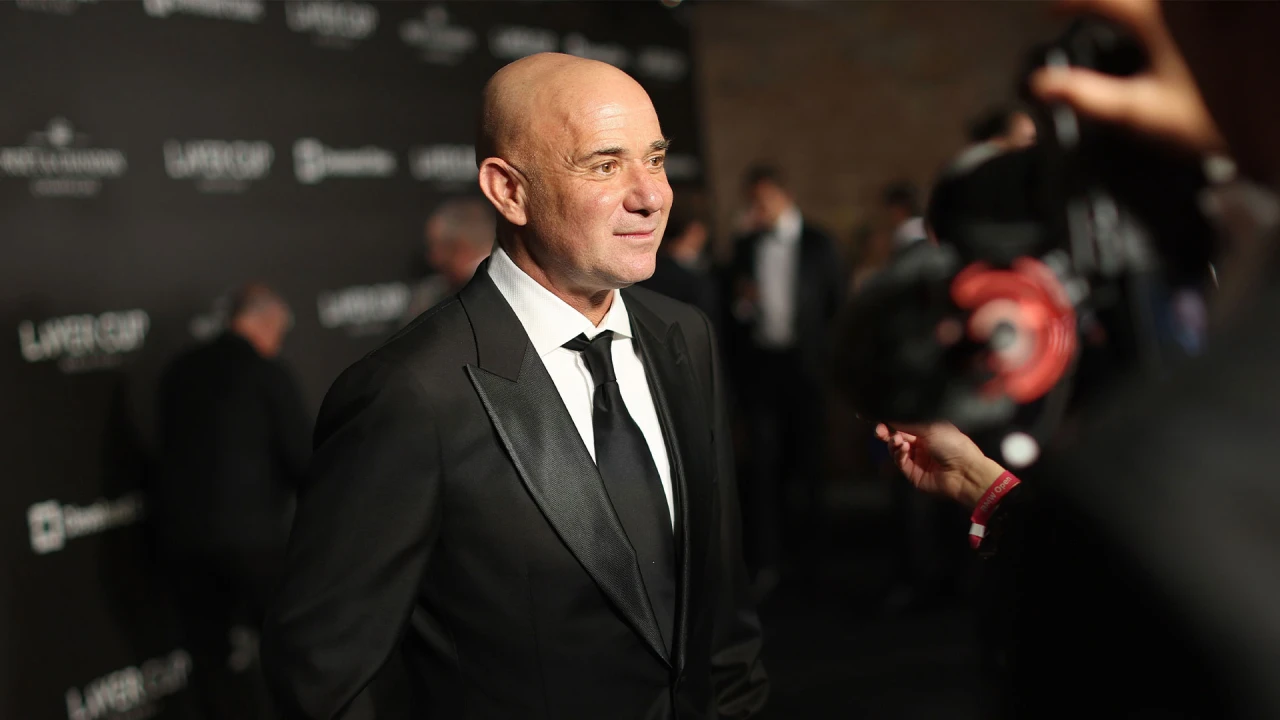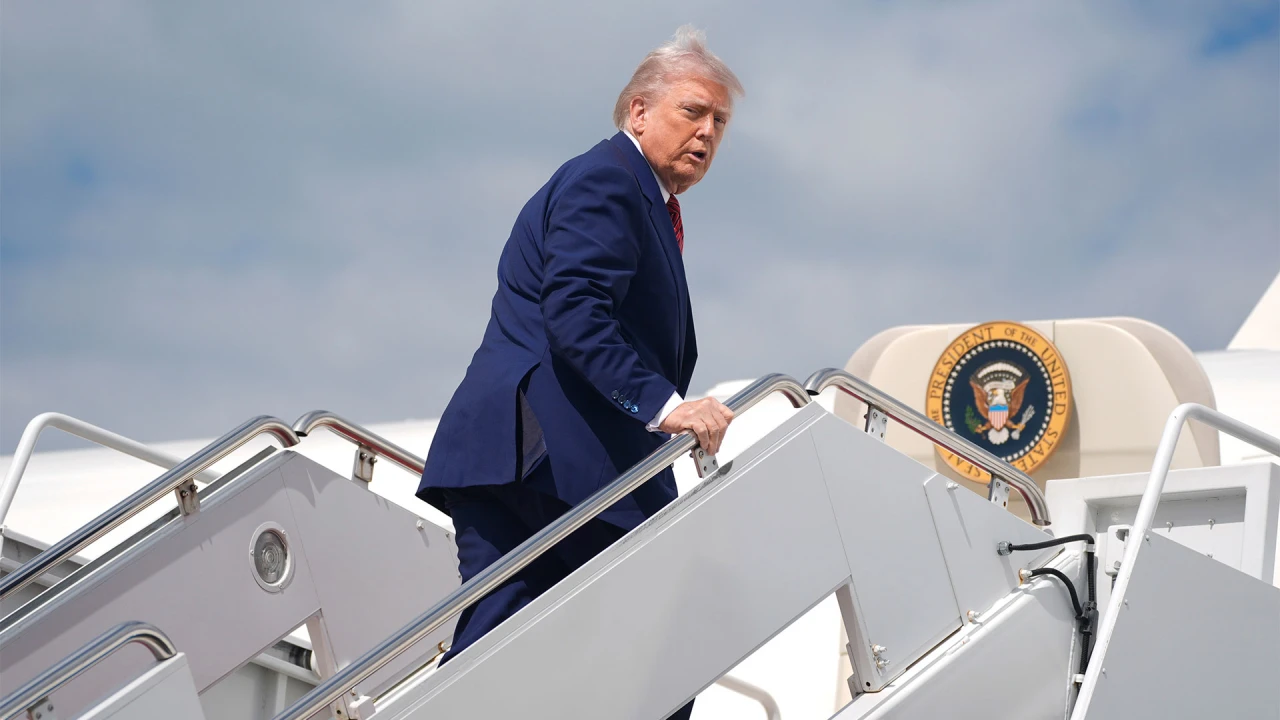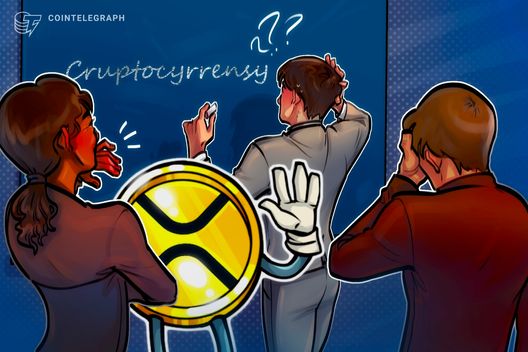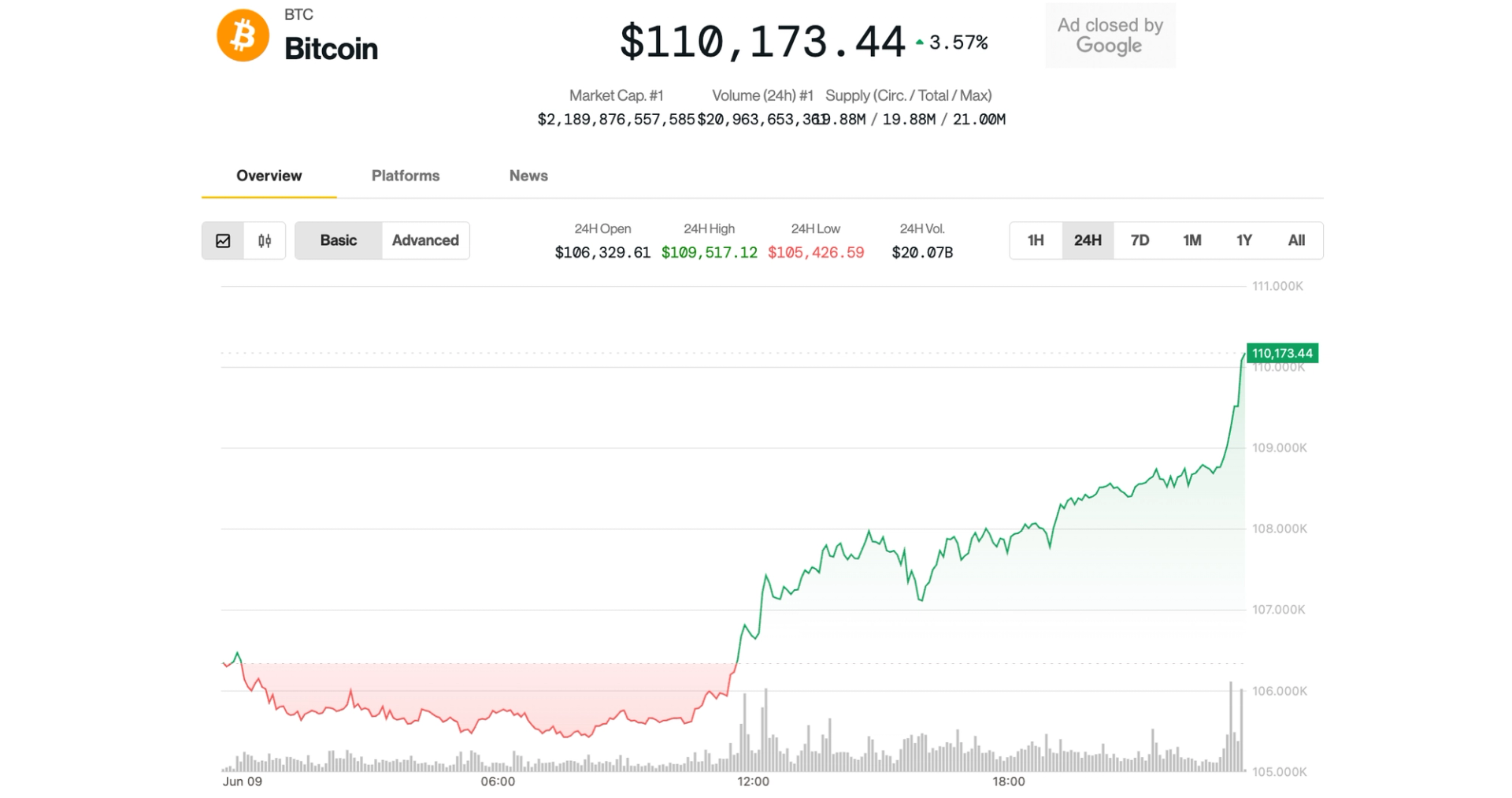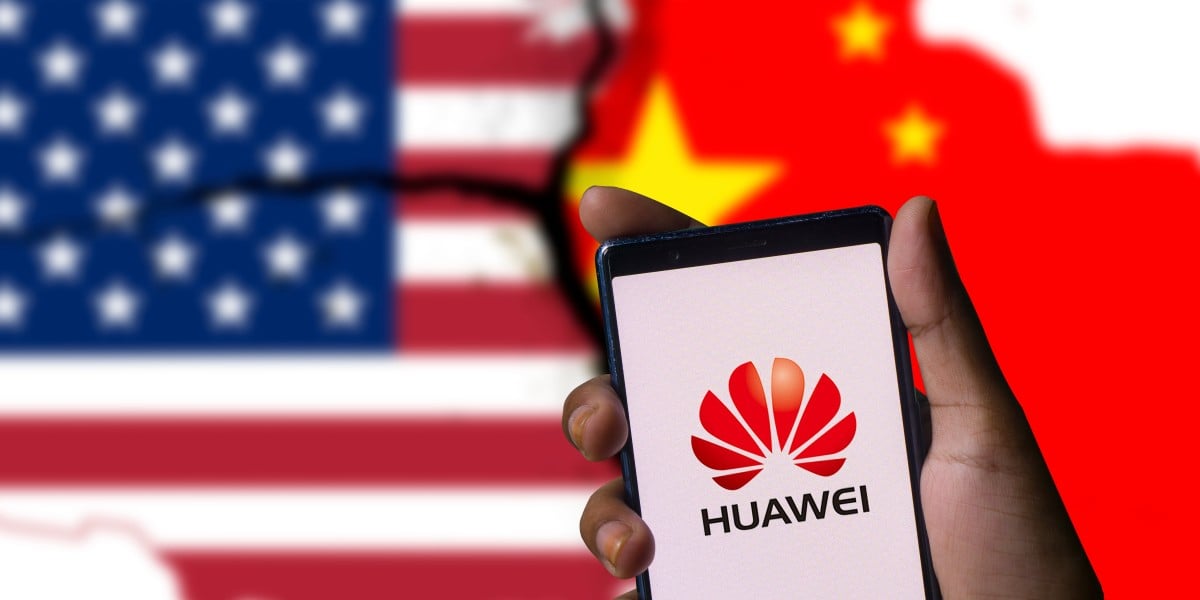Why the damage Elon Musk faces from his Trump feud is just getting started
Musk’s companies are dependent on the government—and ultimately Trump—in one way or another.
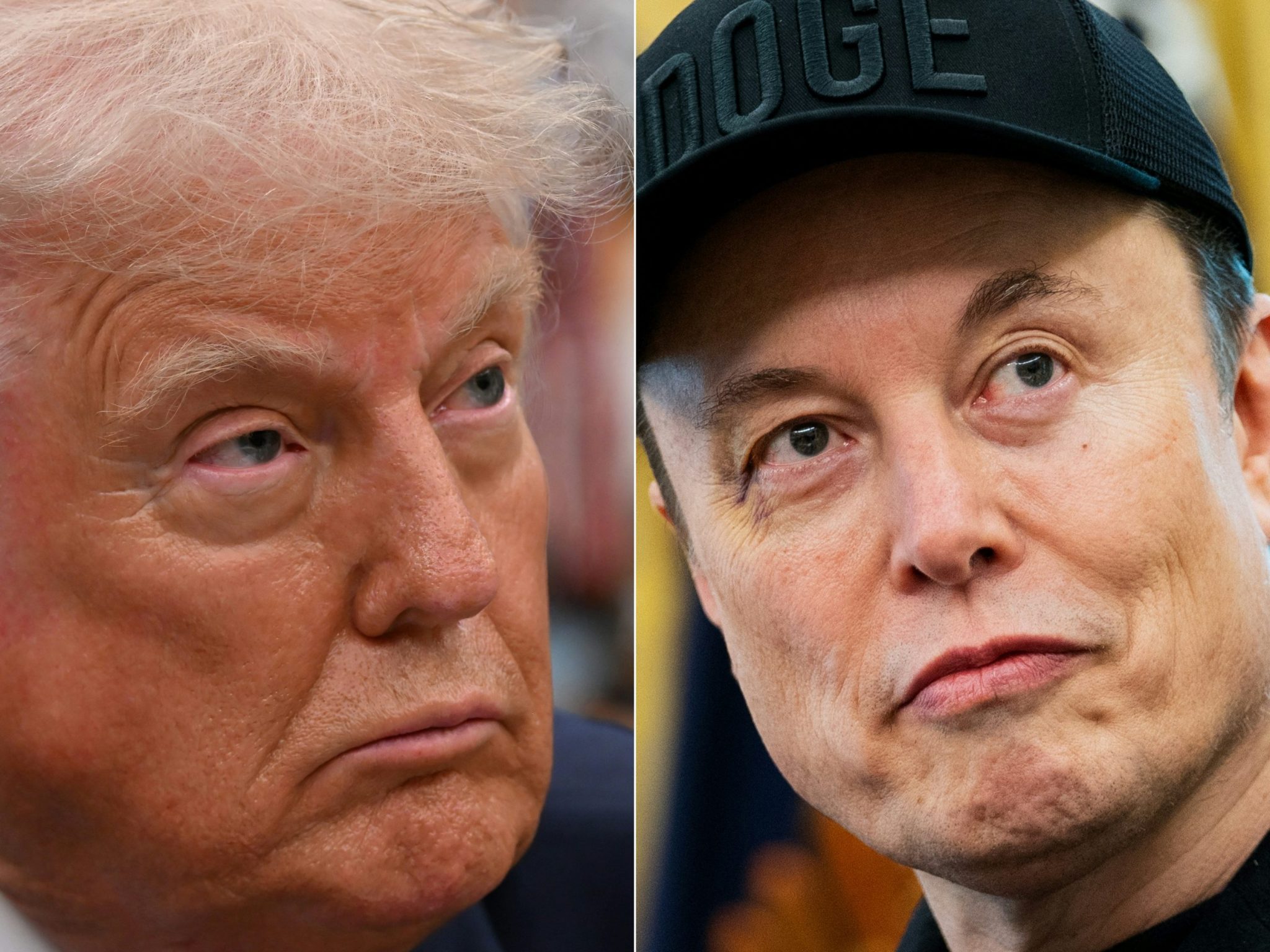
The spectacular breakup of Donald Trump and Elon Musk could soon get far worse for the Tesla CEO—while doing little good for the U.S. president.
Some political pundits have portrayed last week’s blowup as merely yet another exit by a disgruntled Trump ally. But the president’s anger toward Musk seems worse than his temper tantrums following the departures of other hand-picked loyalists, such as Vice President Mike Pence, Attorneys General Jeff Sessions and Bill Barr, Secretaries of State Rex Tillerson and Mike Pompeo, or Secretaries of Defense James Mattis and Mark Esper.
And it’s not a faux morality play about business leaders facing punishment for straying outside their lane. Musk, given his stature, is different than other CEOs who have taken pro-Trump or anti-Trump stances, whether from Papa John’s, Goya Foods, MyPillow, Coca-Cola, Delta, or Amazon. And this is not about Musk taking a principled stand on the soaring national debt or any other political issue. Instead, the blowup reflects two unrestrained top-down leaders fighting it out in a struggle for supremacy.
‘First buddy’
Musk’s biggest mistake was about the nature of his role—as an advisor to Trump, not the primary character he believed himself to be. Even now, he continues to overestimate his own importance and indispensability.
Trump, who relies on a hub-and-spokes model of leadership—where all power is centralized in himself while he divides and conquers his warring subordinates—has always been deeply resentful of consiglieres who try to outmaneuver or constrain him. Trump will never tolerate business leaders who believe they are bigger than the big boss.
Musk apparently believed that his money and largesse insulated him and entitled him to a greater role as “first buddy.” But that was misguided if not delusional.
Consider advisors with grandiosity who threatened to undermine sovereign bosses, including the Russian mystic Grigori Rasputin, who engineered creeping control over Czar Nicholas II; Mark Hanna, portrayed in his time as the grand puppeteer controlling President William McKinley; and President Woodrow Wilson’s close advisor Colonel Edward House, who undermined Wilson’s Versailles negotiations after World War I. All these audacious advisors found their presumption punctured by icing out or even execution.
Lessons from Russia
A look at recent Russian history is illustrative here. Consider Yukos boss Mikhail Khodorkovsky and Wagner chief Yevgeny Prigozhin after they dared challenge the power of Vladimir Putin, a strongman Trump has expressed admiration for.
We hosted Mikhail Khodorkovsky at our Yale CEO summits during the height of his power at Yukos in the early 2000s, when he controlled virtually all of Russia’s oil and gas reserves. He didn’t hesitate to criticize Putin at our events, openly presenting a different path for Russia’s future. When he started bringing his show on the road within Russia—thinking that Putin needed his money and support too much to whack him—he learned his money didn’t buy him the protection he thought it did. Putin quickly moved to nationalize Khodorkovsky’s assets, forming an alliance with his business rivals to divvy up his once-great wealth.
More recently, Wagner boss Prigozhin believed his mercenary group had become so indispensable—thanks to its battlefield triumphs, raw military might, and global wealth—that he could challenge the authority of Putin’s top lieutenants, blasting them in videos posted on Telegram for mishandling the Urkaine invasion. When Prigozhin failed to sway them with this bullying, he thought he could get away with marching on Moscow with his forces and starting an insurrection within Russia against Putin’s rule. The full delusion of this folly was revealed when little of the domestic support Prigozhin expected materialized. Not long after he died when his plane plunged out of the skies, the victim of sabotage—one wonders by who.
Prigozhin was among at least 60 prominent Russians who have met suspicious deaths since the start of Putin’s invasion of Ukraine in 2022. USA Today documented around 40 such cases prior to then as well, and the actual number is likely to be even higher.
Musk’s vulnerability
Musk and his defenders, emboldened by his status as the world’s wealthiest person, apparently have either forgotten such lessons or don’t think they apply to Musk. Last week, Musk taunted on X, “Trump has 3.5 years left as president, but I will be around for 40+ years.” He also called for Trump’s impeachment and accused him of being illicitly connected to the late pedophile and accused rapist Jeffrey Epstein.
Musk did all this despite his companies depending on government support in one way or another. That includes Tesla via EV tax credits, SpaceX via contracts, and Neuralink and the Boring Company via regulatory clearances. Given that Trump held up regulatory clearances of the AT&T-TimeWarner deal—which involved less personal animus than his feud with Musk—one wonders how long he could gum up the works for Musk now. Musk might be well served to remember the lessons embodied by Khodorkovsky and Prigozhin, however different the contexts.
Meanwhile, with Trump insinuating Musk’s government interest is motivated by commercial self-gain and Musk accusing Trump of entanglement with Epstein—and having the resources to fund an anti-Trump counterrevolution—the news media might be a better investment than AI or cryptocurrency.
Jeffrey Sonnenfeld is the Lester Crown Professor in Management Practice and president and founder of the Yale Chief Executive Leadership Institute. Steven Tian is the director of research at the Yale Chief Executive Leadership Institute.
The opinions expressed in Fortune.com commentary pieces are solely the views of their authors and do not necessarily reflect the opinions and beliefs of Fortune.
This story was originally featured on Fortune.com




